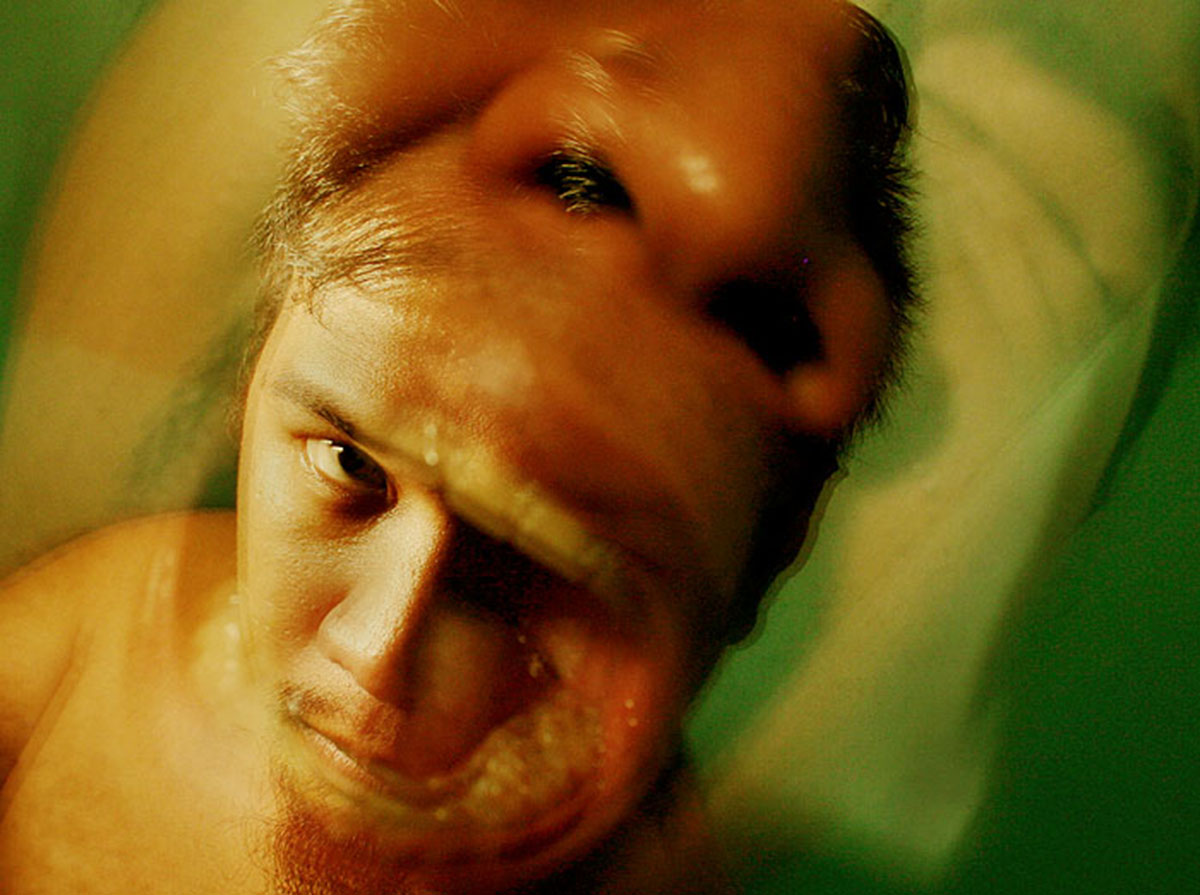Table of Contents
What Is The Nocebo Effect?
Coined by Walter Kennedy in 1961, the term "nocebo reaction" was chosen to mean the exact opposite of "placebo". The nocebo effect refers to a patient response to a sham treatment that shouldn't realistically have the potential to inflict harm — the harmful response is, in other words, generated within the patient themselves as a direct result of the belief that they underwent a treatment or received a medictaion that would cause a certain reaction. As Kennedy put it, the nocebo reaction is due to "a quality inherent in the patient rather than in the remedy".

The case described above, in which an Indian man already sentenced to be executed "thought himself to death" remains an isolated example — in this day and age, it is all too clear that experimenting with procedures that may literally trick people into dying isn't an ethically-sound venture. It's for this reason that we can't expect much research into the scientific merits of nocebo-ing yourself to death.
There are, however, a few examples of the nocebo effect that we do know about:
- Research shows that those people who are treated with placebos do experience side effects associated with the actual, real counterparts of the medication they are supposedly getting: people taking sugar pills have experienced nausea, vomiting, muscle weakness, memory disturbances, alterations of taste, and fatigue.
- In a study of chronic back pain sufferers, those who were told a certain test would cause pain experienced significantly higher levels of discomfort than those who weren't offered this false information.
- Another study involved telling a percentage of patients who received the drug finasteride to ease symptoms of prostate disease that the drug may make them impotent, while others weren't told this. A total of 44 percent of those who expected possible erectile dysfunction did indeed experience it, compared to only 15 percent who weren't expecting impotence.
- Renowned neurologist Martin Samuels found hundreds of little bleedings within the heart of a person who committed suicide. Of course, this isn't what caused the man's death — that was due to the impact of the fall when he jumped off a building. But the extent of the heart damage Samuals found was a mystery, until he learned that the same thing happened in others who committed suicide after a period of doubt. Dubbed "fear lesions", it became clear that fear can cause very real organ damage. Could this explain why the man from India died?
If you're not likely to find yourself in the position of being told you're going to be bled to death in an Indian prison, though, you may still gain a valuable lesson from the existence of the nocebo reaction. Think you're going to experience harm, and you just may — even in the absence of actual harm-causing substances. The opposite may also still hold true: believe you're going to make it through, and you probably have a higher chance of doing exactly that.
- Photo courtesy of petitefox via Flickr: www.flickr.com/photos/stephanie-anne/3888554186
- Photo courtesy of roger_alcantara via Flickr: www.flickr.com/photos/roger_alcantara/623107521
- journals.plos.org/plosone/article?id=10.1371/journal.pone.0015591
- www.smithsonianmag.com/science-nature/what-is-the-nocebo-effect-5451823/?no-ist
- www.ncbi.nlm.nih.gov/pubmed/15102230
- www.ncbi.nlm.nih.gov/pubmed/17655657
- www.psychologytoday.com/blog/owning-pink/201308/the-nocebo-effect-negative-thoughts-can-harm-your-health
- www.cardiologyonline.com/samuels/


Your thoughts on this